77th World Health Assembly
A Rallying Cry for Women’s Health Equity through Partnerships
Blog post by Dr Kate Obayagbona
Dr Kate Obayagbona is a specialist obstetrician and gynecologist currently serving as a Senior Research Fellow at Harvard Medical School and an OBGYN Researcher at Massachusetts General Hospital. She completed a Fellowship as part of the GSF Champions in Global Surgery Programme from March-June 2024. In this capacity, Kate was part of the organising committee for the GSF WHA77 side-event. The views and opinions expressed in this blog post are those of the author and do not necessarily reflect the position of the GSF.
As I took my seat alongside ministers of health, surgeons, gender advocates, philanthropists and industry leaders, at the Global Surgery Foundation’s (GSF) World Health Assembly (WHA) 77 side event, a sobering truth hung in the air - with just six years until 2030, the world remains drastically off track in achieving the Sustainable Development Goals related to women's health. The statistics are as staggering as they are unacceptable.
Yet, we were not convened at this event in an exercise of despair - but as a bold call to sustained, coordinated action catalyzed through models of multisectoral partnership. Because the evidence is unequivocal - ensuring access to high-quality healthcare for women and girls across their lifespans through a comprehensive, integrated continuum of surgical and perioperative care offers a transformative solution to surmounting this challenge.
Commitments to Tangible Action
Crucially, this WHA77 side-event built upon strong momentum around this shared vision. In the previous year, the Global Surgery Foundation had formally made women's surgical health as a top strategic priority, while establishing an ambitious new funding mechanism designed to drive locally-led, context-specific innovation to address surgical systems deficits.
SURGfund is the first and only dedicated global financing platform to catalyze investments in scaling national surgical plans, workforce pipelines, data infrastructures, and referral pathways - with an explicit stream earmarked for advancing women's surgical care continuums. Already, early achievements were tangible with 5 project implementations, 4.3 million effective coverage, 10,300 patients and healthcare workers reached, and impact monitoring underway across multiple countries.
Prof. Rifat Atun, President of the GSF Board (third from the left), presenting SURGfund's impact figures.
Diverse Voices, Integrated Action
Both the challenges and potential solutions were presented through an interdisciplinary lens. Front-line Professor of Obstetrics, Hadiza Galandaci, shared powerful first-hand accounts that underscored the complex issues at hand. Her narratives led me to contemplate my own connections to them, especially in my role as a healthcare provider, where I have witnessed firsthand the obstacles women face in obtaining surgical care within the healthcare system.
Similar sentiments were shared by Dr Kennedy Lishimpi, Permanent Secretary of the Ministry of Health in Zambia. He outlined the triple burden of diseases in Zambia, and especially surgical diseases that impact and undermine women's healthcare autonomy. He underscored the urgent need to strengthen the country’s surgical systems, advocating for a blended approach that combines global best practices with locally suited training programs.
A New Era of Solidarity and Progress
As the event culminated with a commitment to action, both a sobering realism and a sense of possibility pervaded.
The sheer scale of the challenge ahead remained daunting. Yet, it also introduced a transition into a new era of solidarity and meaningful accountability. With SURGfund, resources and expertise flow to locally-rooted, context-led programs and priorities. Transparency forms a key part and is hardwired into inclusive governance frameworks.
The side-event sparked a movement based on solidarity and shared purpose. Structural reforms are needed to address health disparities for women through surgical care. Collaborative efforts aim to create a new chapter for women's health and gender equity globally.
Dr. Sanjana Bhardwaj from the Bill & Melinda Gates Foundation speaking at the GSF side event.
Conclusion
In the wake of this event, I departed with a sense of purpose and conviction in the power of strong partnerships. As one panelist so powerfully put it during closing: "Think big but then think small, and then make it happen“, and another “Surgery is that cornerstone of strengthening Health systems”.
The messages are reverberating. No longer can we accept a world divided into those with access to comprehensive surgical healthcare and those condemned by the lottery of their birth. The time to decisively alter that unacceptable trajectory is now through unified and unrelenting action. Just as women nurture and birth the world's societies, so too must we now work together in solidarity to birth a reality where no woman or girl is left behind.



